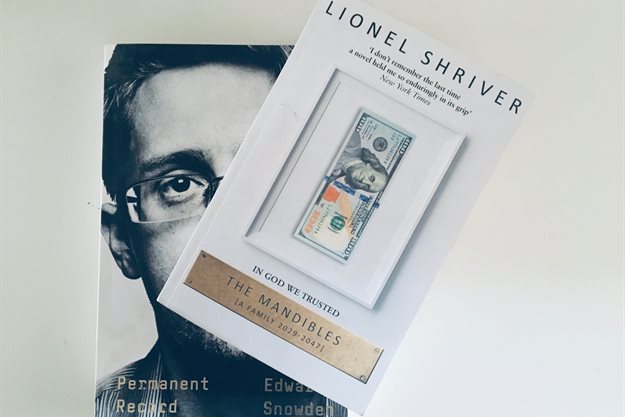#PulpNonFiction: Beware of permanent solutions for temporary problems
As the famous (or infamous, depending on your economic ideology leanings) economist John Maynard Keynes said, “In the long run we are all dead”.
The logic behind his sentiment was used to justify economic policy that helped individuals in the here and now, even if the long-term consequences were less than ideal.

Today, we can see the same logic being applied to all sorts of public policy, both economic and social to combat the various challenges that 2020 has thrown societies.
However, just because a policy seems good for the here and now, does not mean that it is a net good for society when viewed over time and space. In particular, we need to be constantly vigilant for regulatory creep that could erode hard-won civil liberties and previous liberal values for a short-term sense of security.
After all, as John Keynes’s ideological opponent, Milton Friedman said, there is nothing as permanent as a temporary government programme.
Debt punk and dollar-collapse dystopias
With these thoughts in mind, I have been reading The Mandibles: A Family, 2029-2047, a 'debt punk' (yes that’s a genre, focused on economic dystopias) novel by Lionel Shriver. The book is a witty satire depicting one once-affluent family’s increasingly depressing struggle to survive as the US dollar collapses under the weight of its own debt and failing expectations. The following passage stood out for me:
Anyone in a position of authority telling you something unpalatable is ‘temporary’ is a red flag. The quick fix of capital controls can seem so alluring: “We’ll simply make the rabble keep their money here. We’ll pass a law!’ The hard part if lofting the capital controls, which becomes unthinkable the moment they are instituted. Who wants to keep their funds in a country that confuses a bank account with a bear trap? The moment you remove the constraints the nation is broke. So you can be sure that at least the freeze on making monetary transfers out of the US will stay in place for some time. Look at Cyprus. The capital controls levied in 2013 weren’t entirely rescinded until two years later. Know how long those controls were meant to stay in place at their inception? Four days.Permanent measures
Now of course, as a South African, we should be very concerned about short-termist economic policy of the print-money-now-worry-about-inflation-and-capital-flight-later sort. However, as I read that paragraph, I was also reminded of Edward Snowden’s book, Permanent Record which I read last year. Like Keynes and Milton, Snowden is a controversial figure, depending on your politics, his whistleblowing about the extent of the US government’s spying on its own citizens makes him either a traitor or a hero. Nevertheless, he was absolutely right about one thing, the “temporary” security measures that infringed on citizen’s rights to privacy and freedom of movement after the 9/11 terrorist attacks were anything but temporary. Twenty years on, they are still with us.
Now, as we submit to further infringements on our privacy, freedom of speech, and freedom of movement in the noble effort to stop the spread of Covid-19, we must call our leaders to account to ensure that emergency measures designed to fight a temporary crisis do not become a permanent feature in what once was a liberal, democratic society. Future generations will not thank us for giving away their birthright of personal and financial liberties to placate our own fears, or to line our own pockets.














































